FUNDING GROUNDBREAKING SCIENCE SINCE 1961
With each grant request, we ask, “How will this, or how could this, improve patient outcomes and eliminate suffering?”
Research Grants
Fueling Breakthroughs in Digestive Disease Research
At the GI Research Foundation, we provide crucial seed funding for novel research—empowering investigators to pursue bold, unexplored ideas that might otherwise go unfunded.
Our funding focuses on key areas that drive discovery from the lab to the patient’s bedside, advancing new ways to understand, diagnose, and treat digestive diseases while working toward prevention and cures.
- Innovative Research: We support cutting-edge projects that struggle to secure funding from traditional sources.
- State-of-the-Art Infrastructure: We invest in world-class facilities and advanced technology to attract top scientists and achieve breakthrough results.
- Early-Career Scientists: We provide Young Investigator Awards to nurture the next generation of researchers and fuel bold new ideas.
- Health Equity: We fund targeted initiatives to expand access to prevention and care for communities of color, addressing disparities in digestive disease treatment.
Our research grants are guided by our scientific advisors and a lay review committee, ensuring that the most promising studies receive support.
Thanks to donors like you, our grant funding has grown exponentially, allowing us to launch game-changing initiatives like CA CURE and our newest “moonshot” in regenerative medicine. Your generosity is making transformative discoveries possible.
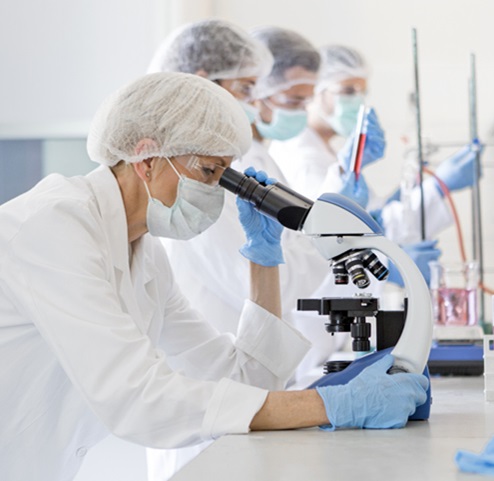
FY2025
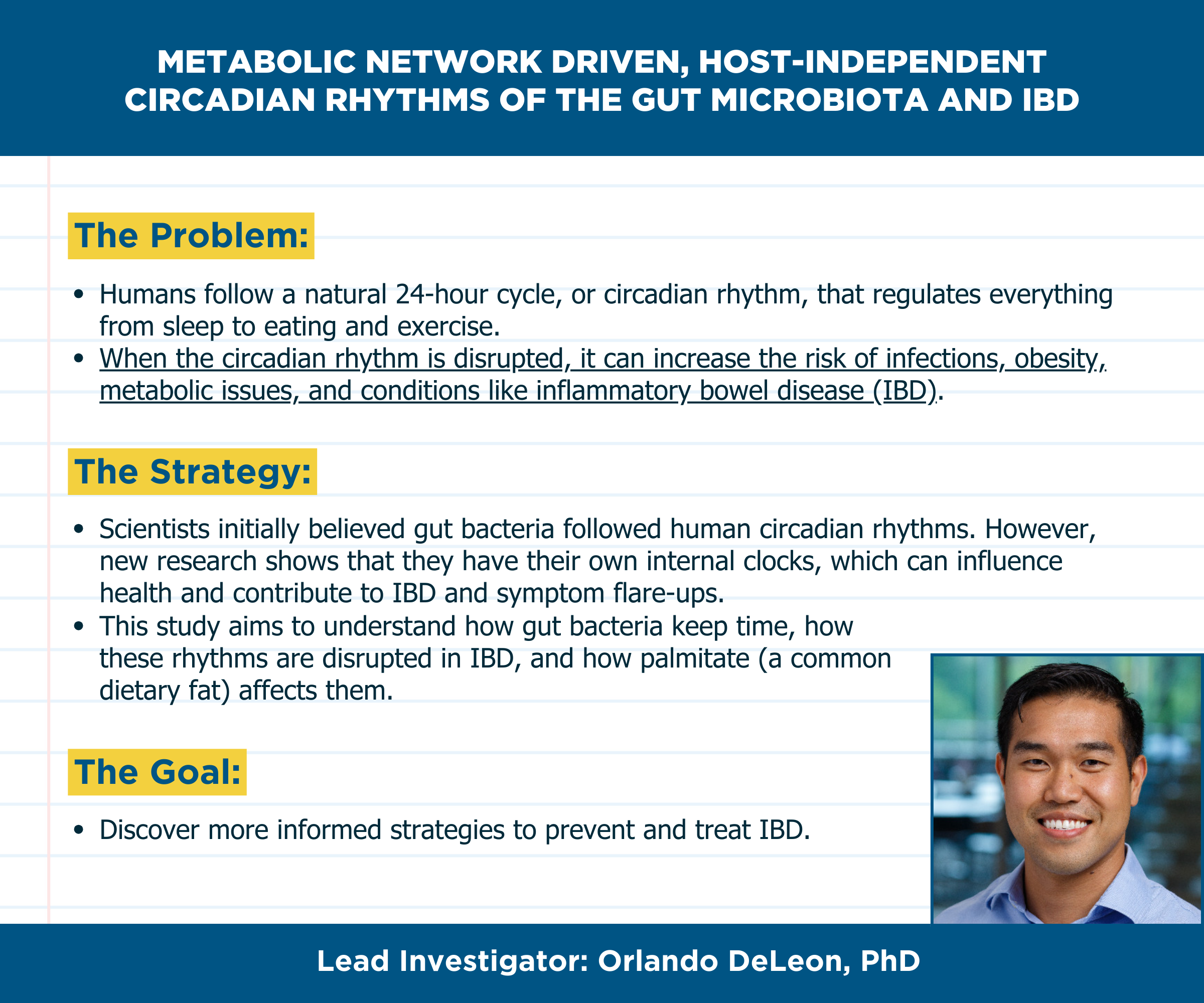

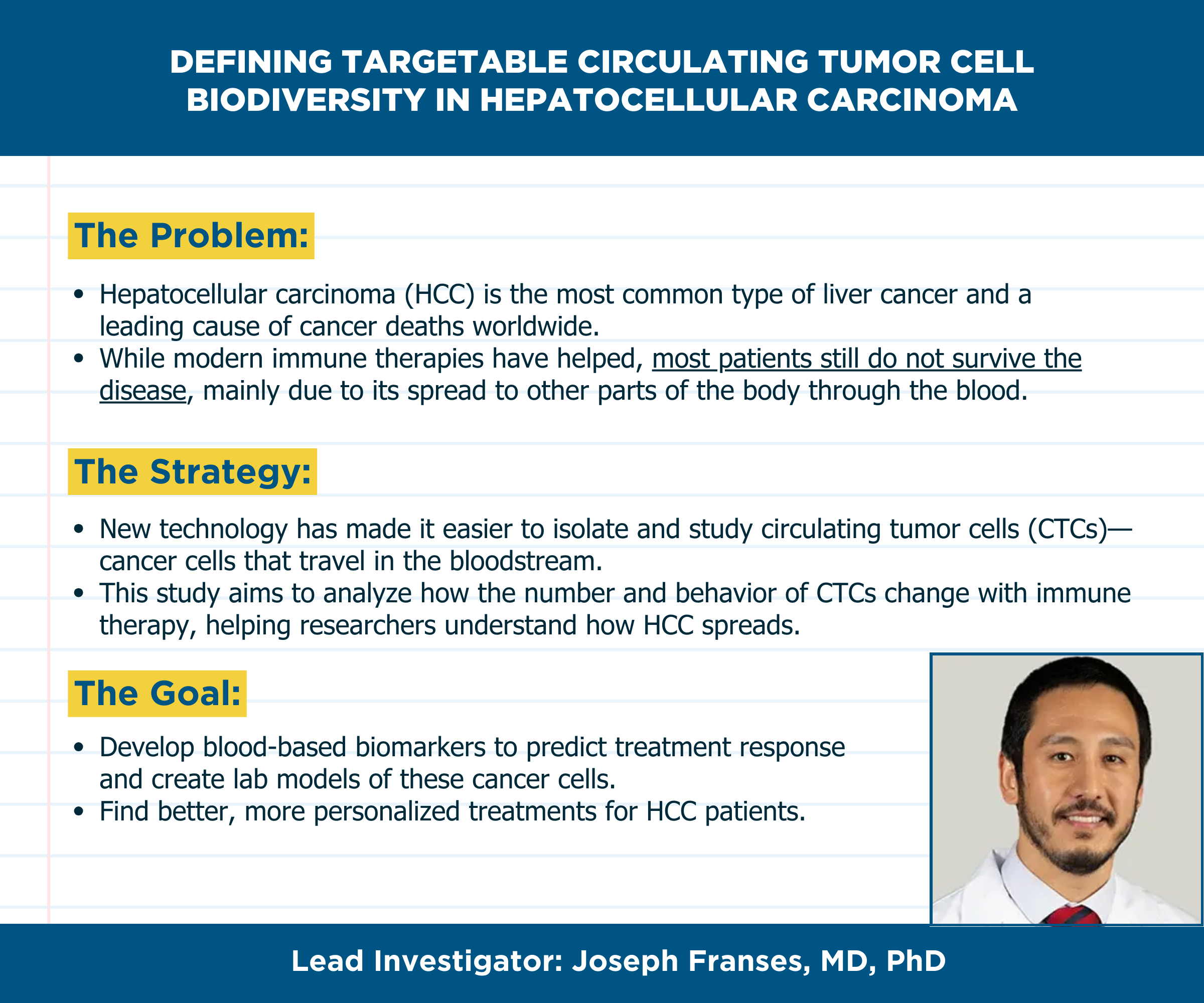
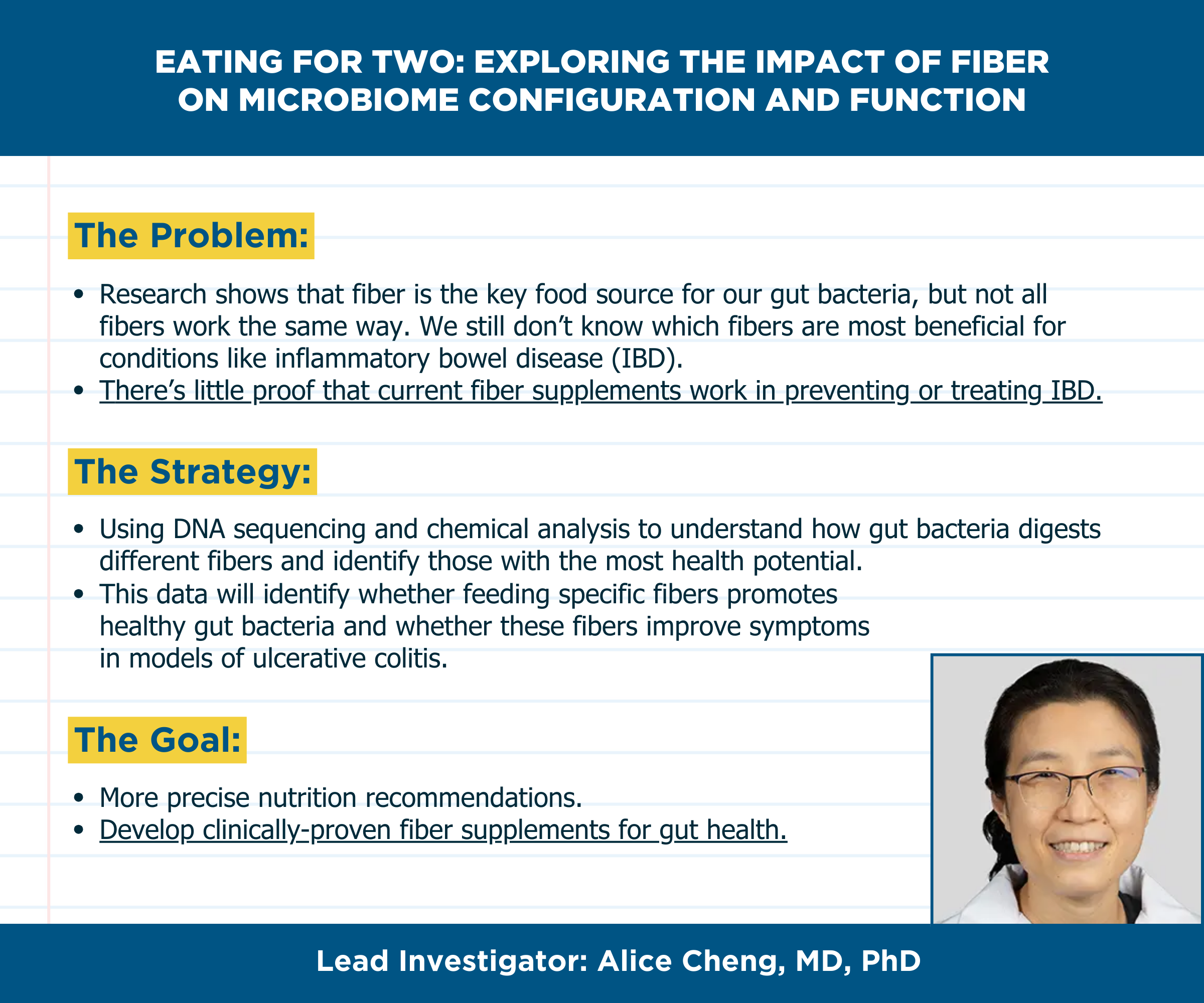
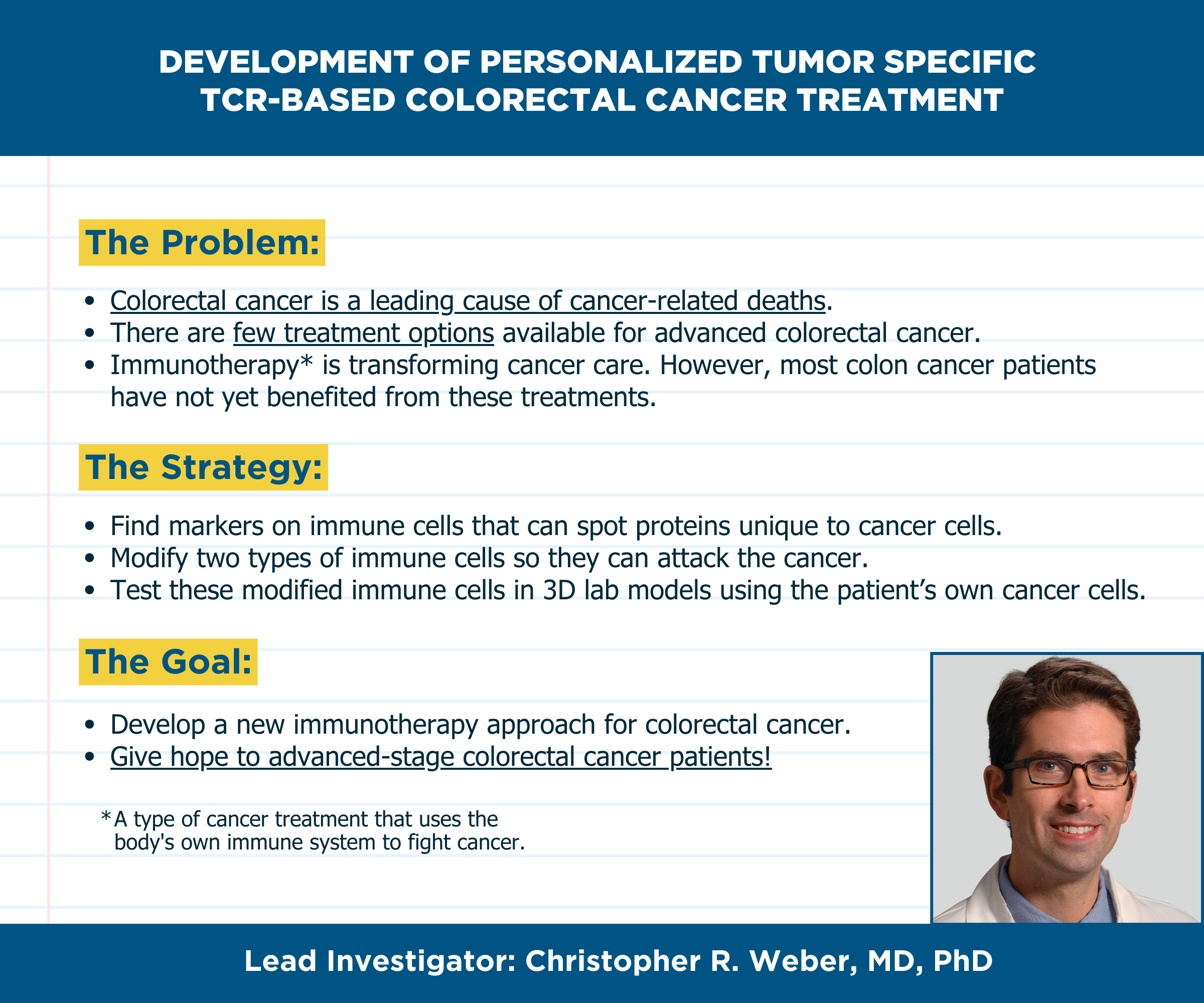

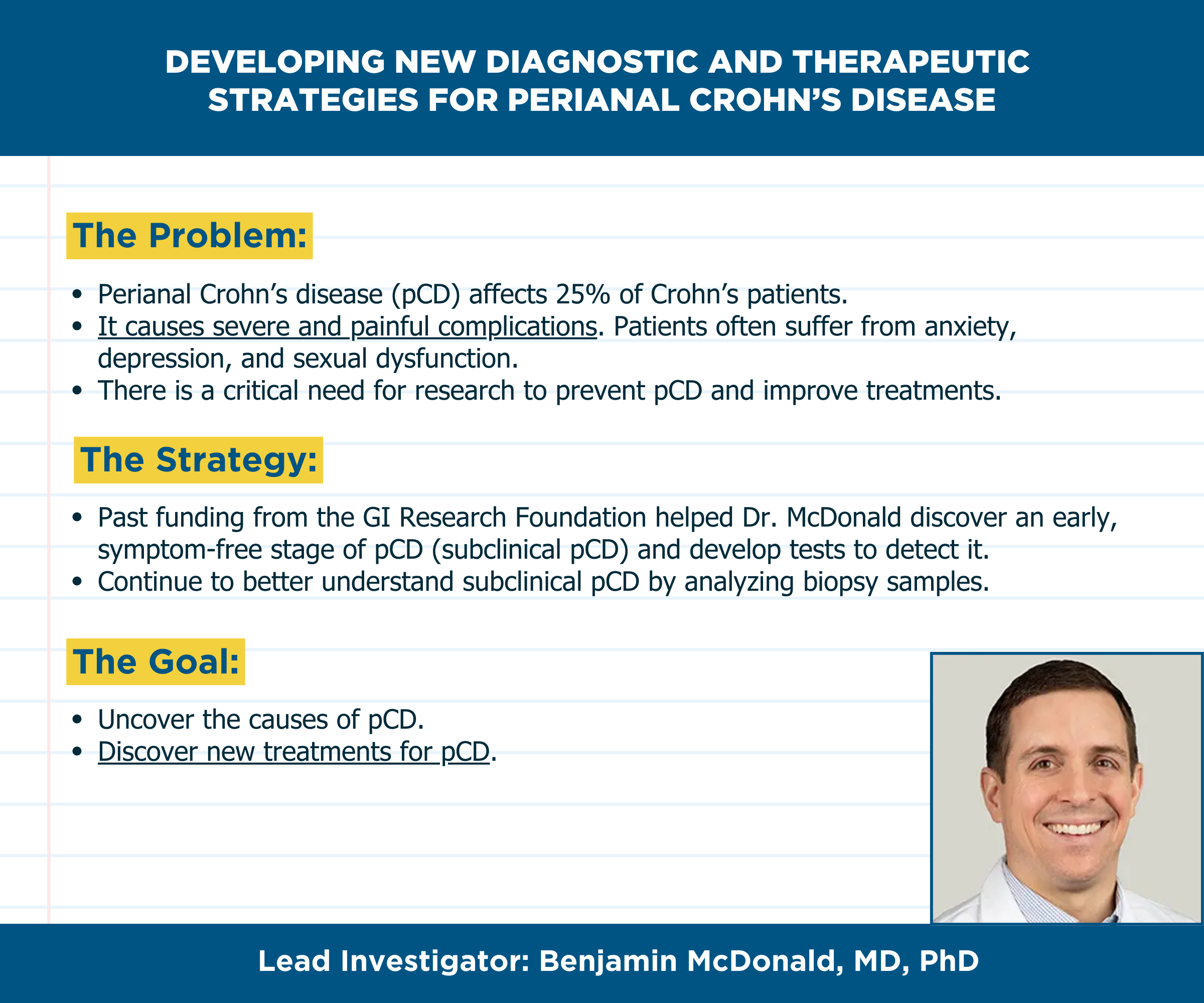
Past Funding
FY2024
- Orlando DeLeon, PhD | Examination of Gut Mucosal Populations and Dynamics During Region-Specific Microbiota Transplants that Drive Persistent, Off-Target Consequences to the Host
- Cambrian Liu, PhD | Building Experimental Tools to Assess the Gut Microbiome’s Effects on Gastrointestinal Regeneration
- Kinga S. Olortegui, MD & Marita Kametas, MSN | Evaluating the Incidence of and Treatments for Peristomal Pyoderma Gangrenosum
- David T. Rubin, MD & Joëlle St-Pierre, MD, PhD | Stop-UC: De-Escalation of Therapy In Patients With Ulcerative Colitis With Histological Normalization and Rescue Through Autologous Fecal Microbiota Transplant
- David Zemmour, MD, PhD | Understanding Colon-Specific Regulatory T Cells and their Cellular Crosstalk in Ulcerative Colitis
- Marc Bissonnette, MD | DNA Methylation as a Biomarker of Ulcerative Colitis Dysplasia in Primary Sclerosing Cholangitis (PSC)
- Bradford Chong, MD | Pancreatic Cancer Outcomes: The Role of Social Determinants of Health in an Urban Cohort
- Matthew Odenwald, MD, PhD | Characterization of Novel Bile Acids in Patients with Liver Disease
FY2023
- Cambrian Liu, PhD | Reprogramming Stem Cells to Heal Inflammation
- David T. Rubin, MD & Ashley Sidebottom, PhD | Understanding the Role of Gut Inflammation as a Cause of Anxiety and Depression in IBD
- Benjamin Shogan, MD & Tao Pan, PhD | How Tumor Genetics and Diet Impact Colorectal Cancer Recurrence
- Bozhi Tian, PhD & Jiping Yue, MD | Optimizing the Gut Environment for Better Health
- Yanchun Li, PhD | How Targeting Cell Aging Could Open New Treatments for IBD
- Valerie Abadie, PhD | Loss of Tolerance to Commensal Microbiota in the Context of Celiac Disease: Implications for Disease Development and Progression
FY2022
- Benjamin McDonald, MD, PhD | Developing New Diagnostic and Therapeutic Strategies for Perianal Crohn’s Disease
Scientific Advisors & Lay Review Committee
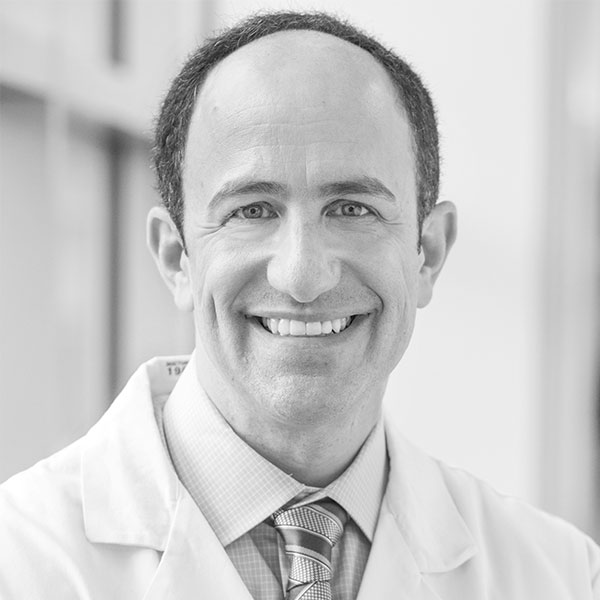
David T. Rubin, MD
UChicago Medicine
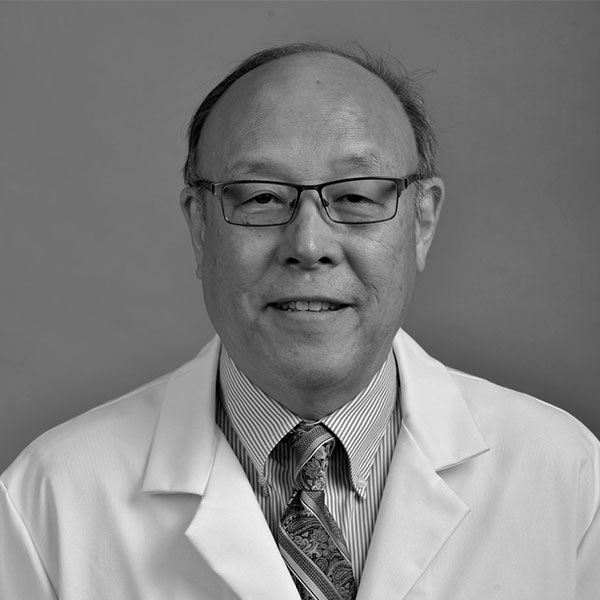
Eugene B. Chang, MD
UChicago Medicine
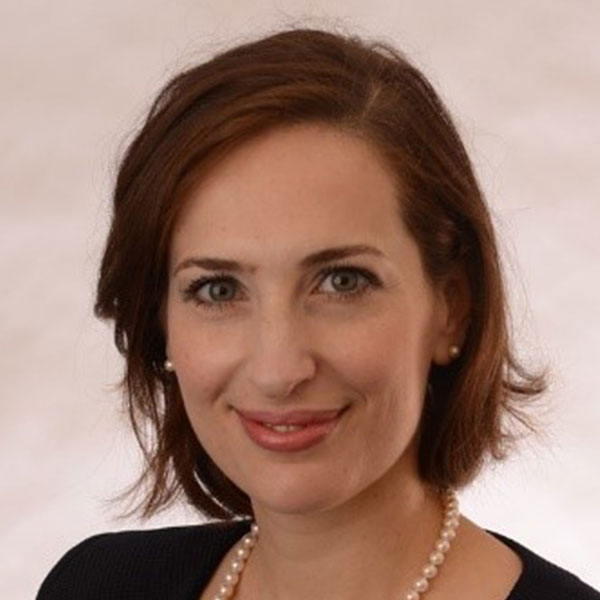
Biana Lanson, MD
Chair, Lay Review
Partner, Ear, Nose & Throat Center, LLC

Eric Berlin
Partner, Dentons

Yekaterina Chudnovsky
Attorney, Executive
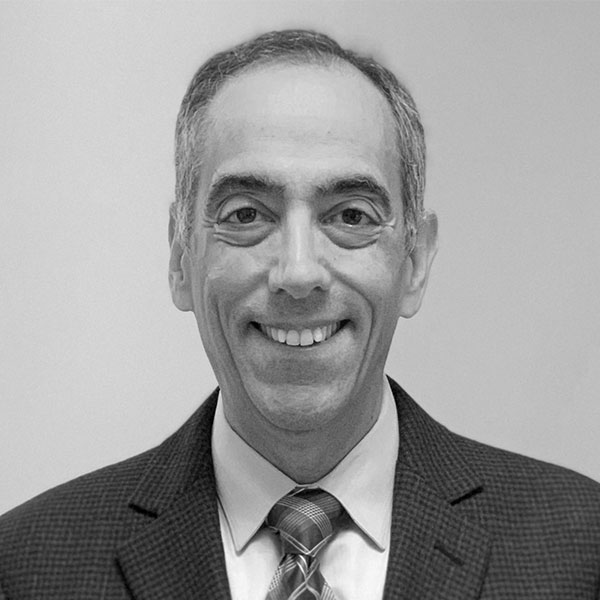
Howard A. Grill
CFO, The Alter Group
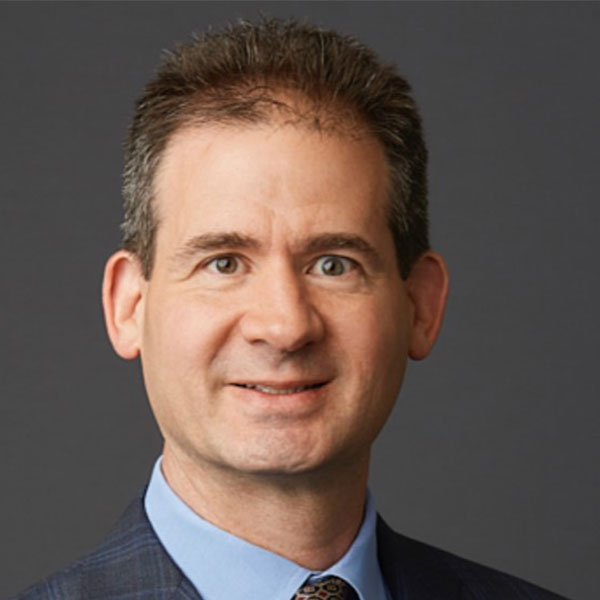
Jeffrey A. Fine
Of Counsel, Kirkland and Ellis, LLP
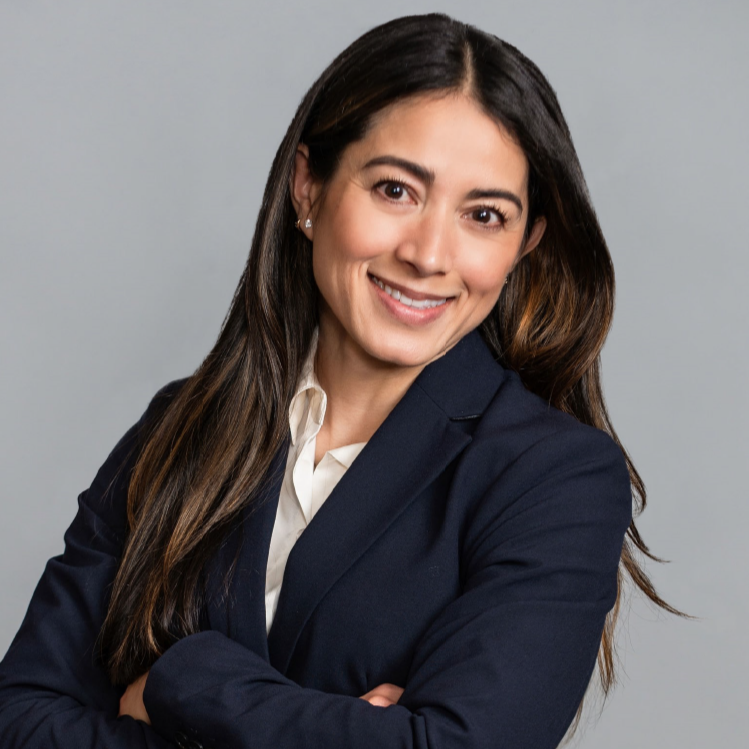
Heidi Henderson
Market Sales Mgr., Wells Fargo Advisors
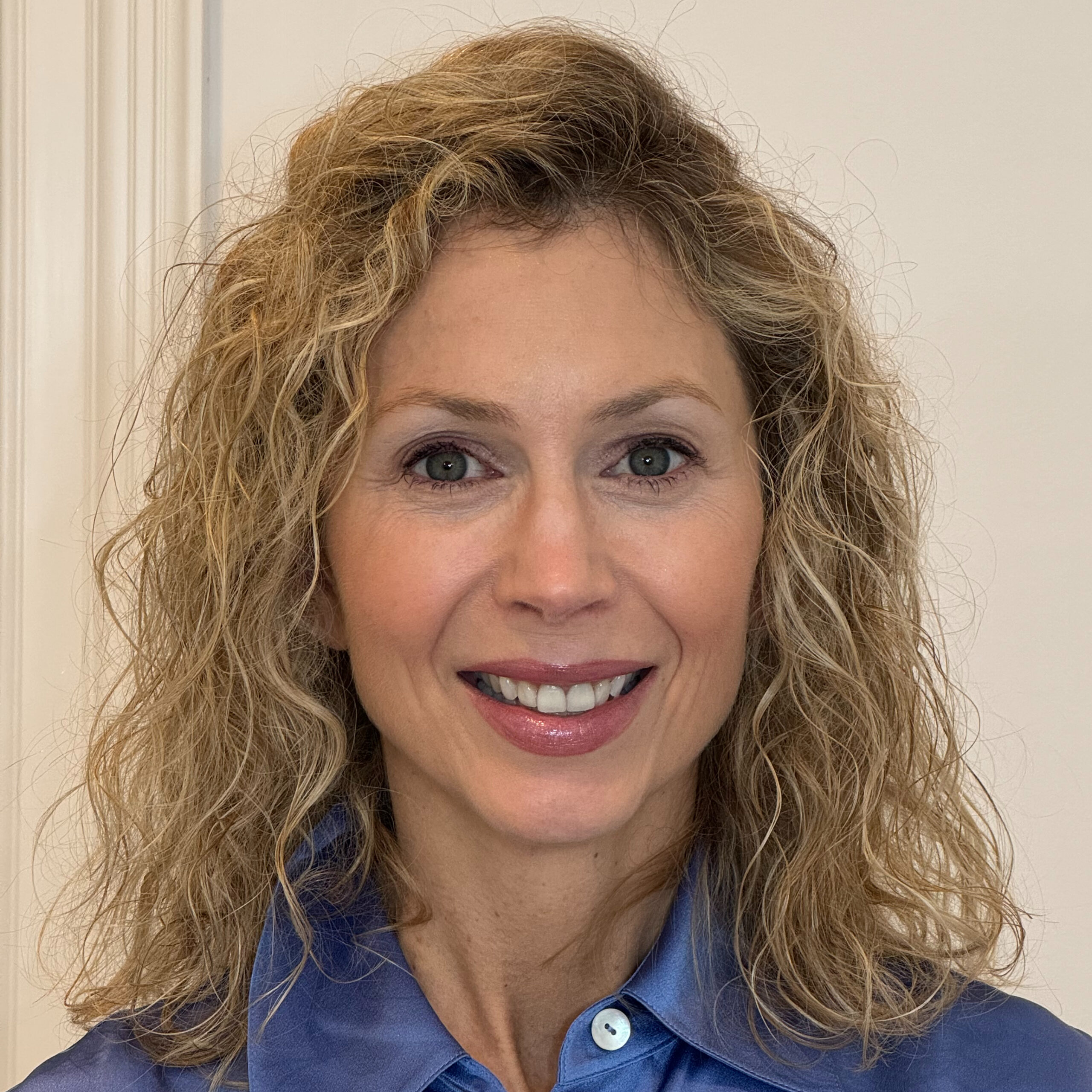
Shelby Katz
Patient & Comm. Professional
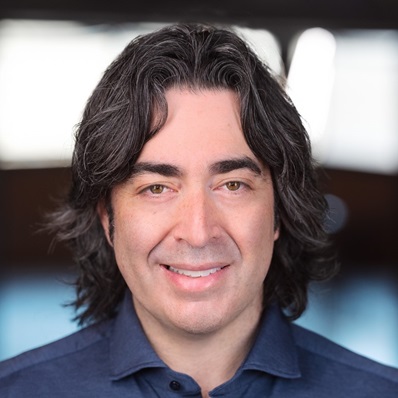
Jeffrey Nathanson MD
Partner, Comprehensive Gastro. Health
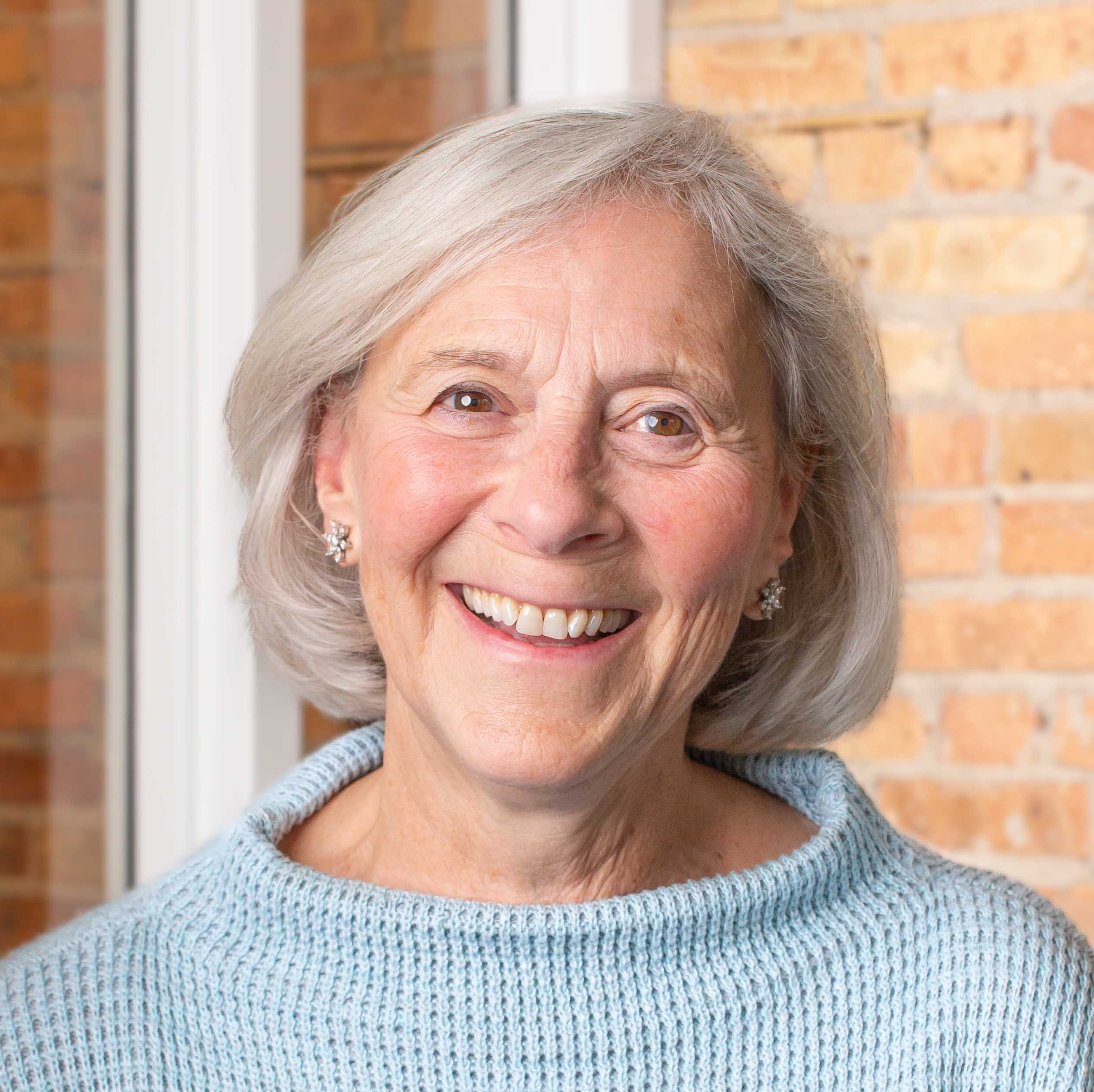
Kathryn Karmin Shafer
Principal, Shafer Crowe Kueck Architecture + Design
Join Us
Learn how you can actively support our mission to prevent, treat, and cure digestive diseases.
